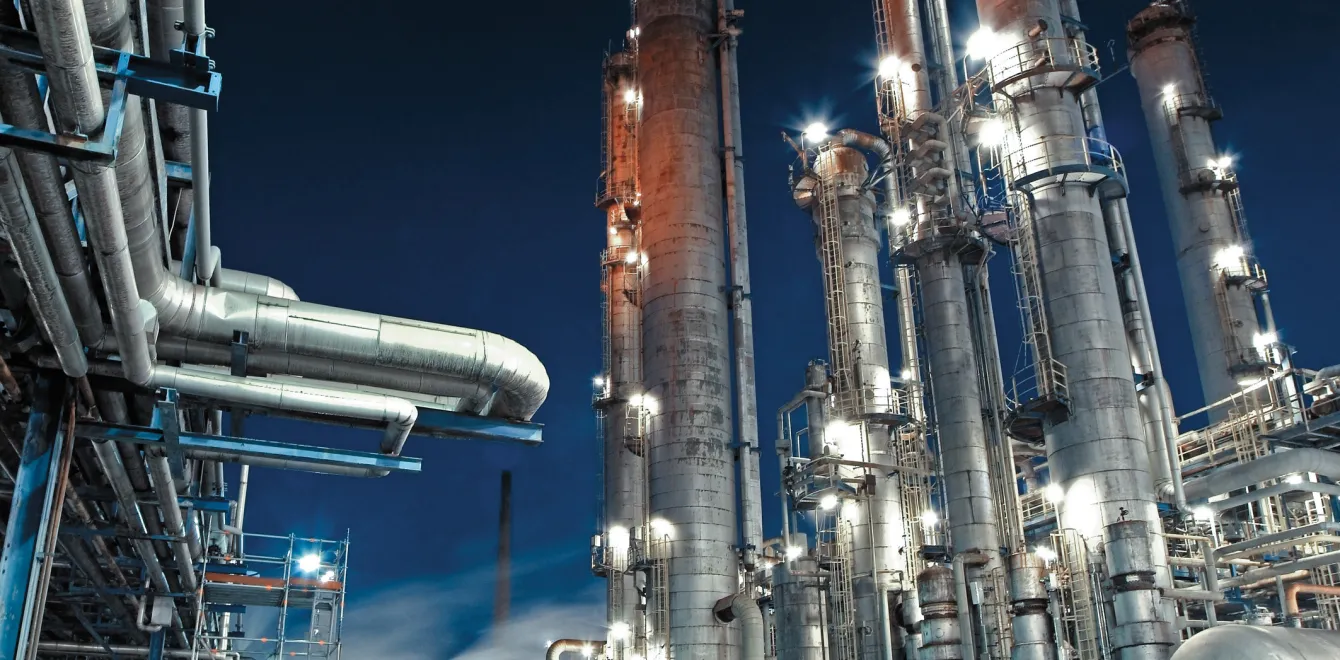Contact person

ABATE, turning biomass into green fuel
The ABATE project aims to demonstrate the integration of thermochemical and biochemical processes to convert biomass residues into advanced bio-based refinery intermediates for sustainable transportation fuels.

Achieving the EU targets for climate neutrality and circular economy will require scaling up and de-risking of novel technologies. When it comes to advanced biofuels, it is essential to demonstrate sustainable, climate-neutral, resource efficient and cost-effective value chains, to accelerate industry mobilisation and enable commercialisation by 2030. Commercially available thermochemical technologies are currently limited either by increased process costs and energy requirements or the availability of raw materials.
The ABATE project aims to demonstrate the integration of thermochemical and biochemical technologies to valorise residual biomass into cost-competitive, carbon-neutral advanced bio-based intermediates, which will directly substitute fossil fuel hydrocarbons in conventional oil refineries. The ABATE consortium will build on existing research conducted in the Horizon 2020 BioMates project which validated at TRL5 a two-step valorisation process for lignocellulosic biomass. This creates a strong basis for further technology scale-up and demonstration in ABATE.
The first step of the ABATE technology involves feedstock flexible – including ash-rich feedstock – pyrolysis to produce bio-oil and biochar. The second step of the ABATE technology involves stabilising the fast pyrolysis bio-oil into an ABATE (advanced bio-based refinery intermediate), via a single hydrotreating step enabled by a novel catalytic system. The ABATE intermediates will be carbon neutral to carbon negative, enabled by an ionic-liquid-based carbon capture and utilisation (CCU) system and the agronomic valorisation of biochar as an alternative to combustion. The stabilisation process will be efficiently integrated with green hydrogen production and biological CCU through biomethanisation. ABATEs can be directly fed into conventional refinery plants, enabling the direct defossilisation of the refining sector as well as transportation fuels and chemicals.
End use will be demonstrated via co-feeding with refinery intermediates rendering marine and aviation transport fuels, supported by feasibility and business plans. The ABATE project aims to scale-up and intensify the technology to achieve a greenhouse gas (GHG) emissions reduction of between 90%-120% at industrial scale. This will be done by optimising processes and integrating them with renewable energy components, thereby minimising fossil energy use.
Summary
Project name
ABATE
Status
Active
Region
Region Norrbotten
RISE role in project
Participants, work package leader
Project start
Duration
3 years
Total budget
9 057 775 EURO
Partner
UCTP, University of chemistry and technology, Prague, BP Europa SE, Topsoe AS, Fraunhofer, IFEU, Imperial, Greenovate! Europe, GAIA, Pyrolsell AB, Vinci Technologies, RECORD, Renewable energy consortium for research and demonstration, Cener
Funders
Project website
Coordinators
CERTH, Centre for research and technology Hellas
Project members
Ann-Christine Johansson Marcus Gullberg Elena Wikberg Johanna Olsson Carina Gunnarsson Alexander Minidis Christian Bernlind Rebecka Nordsvahn Erik Fischer Mirva Niinipuu Per-Erik Lauronen Nicklas Mörtlund
Supports the UN sustainability goals
